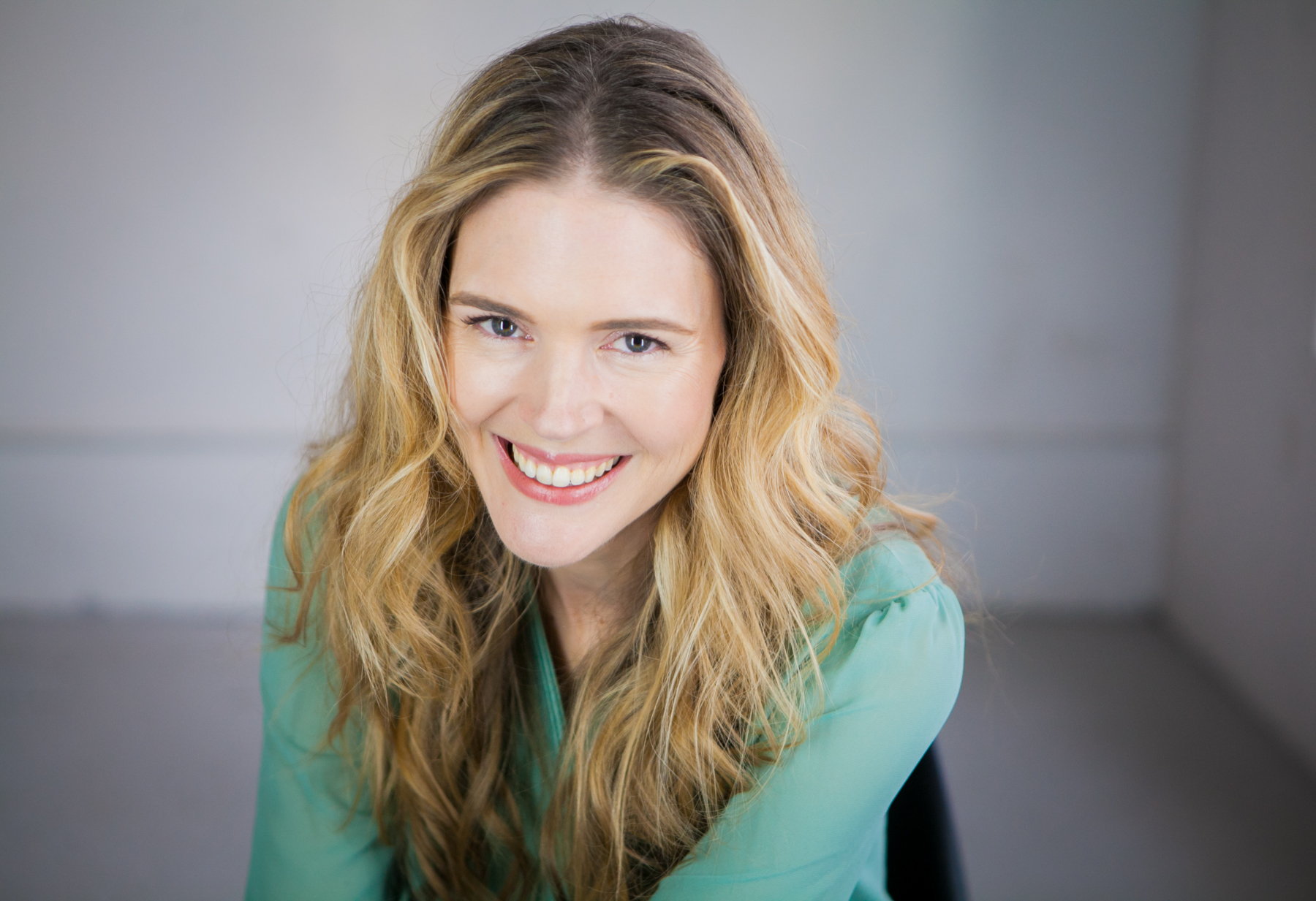It’s an ongoing struggle to stay present and experience life as it unfolds in an increasingly digital world. The mindfulness market has been growing significantly in recent years. At the same time, we spend more hours than ever in front of our screens.
The pervasive nature of this dilemma hit home last summer when I attended a wedding at Lago Maggiore in Italy. The event was an intimate affair. No more than 50 people in a cozy chapel from the 12th century, perched on a hill overlooking a lakeshore garden.
What was particularly memorable about this wedding wasn’t the stunning location, or beautiful reception on an historical cruise boat around the lake. (Both of which were a marvel in and of themselves). The stand-out moment was the wedding ceremony itself.
The energy in the chapel as the couple took their vows was quite special. It took me a moment to recognize why this wedding felt different. Then it came to me: all of the guests were fully present in the experience together.
This didn’t happen by chance. In the wedding invitation, the bride and groom had requested that guests refrain from taking photographs during the ceremony. They wished to preserve a sacred space for this moment on their big day.
If you’ve been to a wedding, or other large event recently, you know the degree to which many have become a paparazzi circus. Guests clambering into the aisles, holding up their smartphone-laden hands to record every last second. Instead of living the experience in the making, we feel compelled to document it.
The same goes for almost every aspect of our lives. Vacations, Sunday brunch, dinner with a friend, the birth of a child, graduation. No matter its size or importance, we capture, edit and share our experiences in an unprecedented surge of content. The irony is that after a brief moment in the spotlight, most of these images end up stashed away in long-lost folders on our computer.
If a tree falls in the forest…
What compels us to live vicariously through our smartphones? Is it the novelty of a still relatively young technology? Or does it stem from a deeper existential compulsion to assign meaning to our lives? The logic being that if my experience is documented, then it happened. If it happened, it surely meant something, and so my life must mean something.
As humans we’ve been documenting our experience for millennia. What has changed over the last few years is the astronomical quantity of content, coupled with a smorgasbord of digital platforms to share these experiences in an instant. We have become documentation machines. Data sources to feed an infinitely hungry beast which, in return, churns out targeted advertisements for products with their promise of fulfillment.
This is the great new experiment of our time. And the speed at which it’s all happening is blurring the line between reality and fiction. As with any experiment, we’ll need at some point to draw conclusions and define a way forward. In the meantime, one thing is for sure: there’s no stopping the force of change. But the question remains, how do we tame the beast?
Experience it or document it?
We need to choose consciously, both as individuals and collectively, how to use this awesome technology.
As an expat living far from home, I am eternally grateful for digital tools to stay connected and share experiences with family and friends from afar. But I’m also conscious of their dark side. It’s an uphill battle to resist that little red notification button and the temptation to mindlessly scroll, in search of…what exactly?
Our lives are so much richer and more complex than a few fleeting images. Being human is imperfect and messy and uncertain.
While a picture may speak a thousand words, it doesn’t come close to capturing the delicious giggle of your child in those early hours of Saturday morning as she sneaks into your room to wake you up. Or the mist caressing your skin as you take in the golden glow of the last rays of sun settling into night. The beauty of these moments is something that remains forever yours.
Luckily, the choice to live our experience in the making is literally at our fingertips. We can determine the full vibrancy of their imprint on our mind, body, and soul, and the degree to which we employ technology to amplify them. Because technology works best when it serves our higher purpose, not the other way around.
Originally published on CultureRISE (www.culturerise.com).

